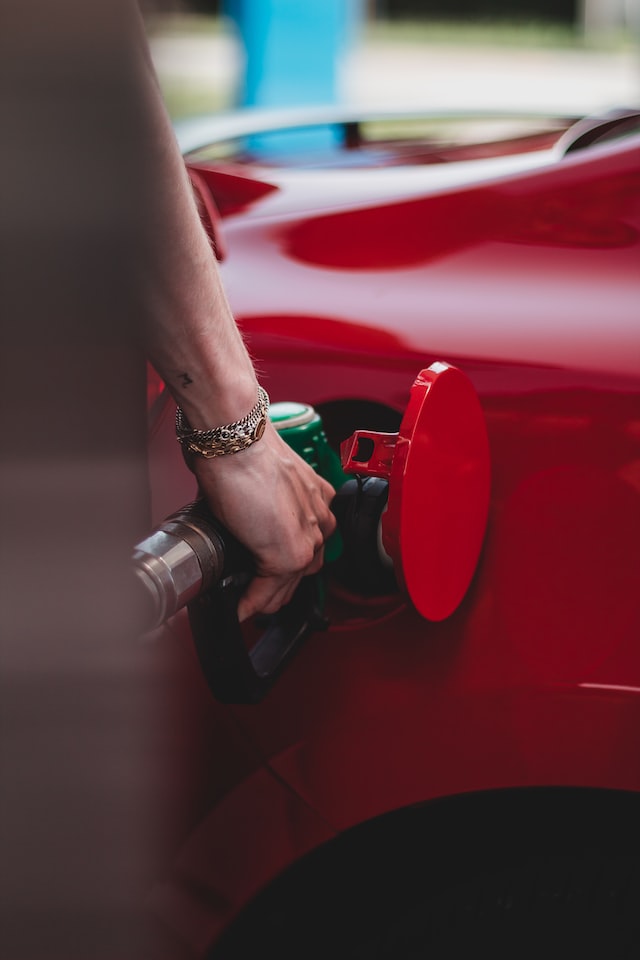How Diesel Fuel Is Made
While there has been a big push recently to transition to electric vehicles, people have been searching for the best electric bicycles, cars, and other vehicles. However, we still have a huge reliance on diesel fuel. If you have ever wondered how diesel fuel is made or how diesel fuel systems work? How does the internal combustion engine work when it is used to power a car or truck? Diesel engines are a kind of combination of gasoline and diesel fuel. Many of today’s most popular cars and trucks use diesel engines.
Gas and Oil Mixture
A traditional four-stroke engine makes use of a combination of gasoline, liquid petroleum gas (LPG), and compressed natural gas (CNG). When you put gas and oil together, you create what is called a mixture. These mixtures pass through a series of stages including fuel injection, compression, and combustion. The fuel injection system in a typical engine combines fuel and oxygen.
Nitty Gritty Science
When diesel is put into motion, it absorbs energy from the fuel before it reaches the piston. This absorption takes place at the compression stage. The compression energy increases the pressure and reduces the volume of the gas molecules. Injection then takes place and converts the mechanical force of the gas molecules into heat energy. In the final stage of the fuel cycle, combustion occurs.
Where the Word Came From
The term “diesel” is derived from the German term “deutlin” for oil. Today, the term diesel fuel refers only to the engine design itself, whereas the term gasoline is used to describe the fuel itself. In recent years, however, the use of the term diesel fuel has come under fire because of emissions that are considered harmful. In order to meet current regulations and standards, manufacturers are using more diesel engine designs.
Open-Deck vs Closed-Deck
There are two types of engines that use diesel as fuel – an open-deck and a closed-deck design. An open-deck engine has an expanded bore that extends from the center of the engine cylinder to the engine wall. A closed deck engine has a cylinder head that is conical and has a limited bore. There are advantages to both types, with the closed-deck design being more fuel-efficient.
Quality Concerns
With the recent rise in fuel quality concerns, manufacturers have increasingly switched to biodiesel as a fuel source. Biodiesel has replaced petroleum-based diesel because of its considerably higher fuel quality and less environmental impact. The main reason is that biodiesel produces both hydrogen and carbon dioxide, making it a cleaner fuel than petroleum-based diesel. It is made by fermenting natural fats found in animal source materials such as liver, sheep, and cow fat. By using these animal sources, manufacturers are able to meet the strict fuel quality requirements set forth by the Environmental Protection Agency, or EPA. Since the fuel has similar properties to petroleum-based diesel, it is also considered a greener choice than petroleum-based diesel.

